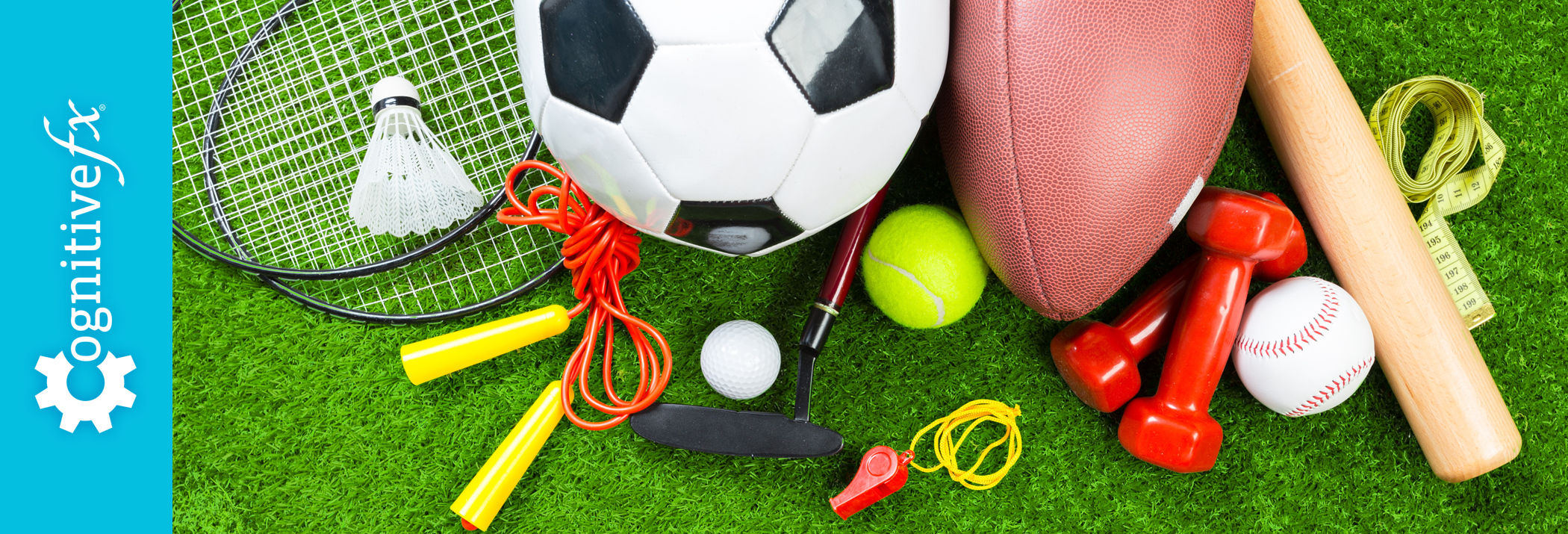Bargaining After a Brain Injury
Many believe the five stages of grief last weeks or months, but according to Elisabeth Kübler-Ross and David Kessler, the stages of grief are responses to feelings that can last for minutes or hours...

Did you play sports growing up? Hands down, my favorite sport as a kid was soccer. I loved participating in a sport where I could do something I enjoyed with teamwork involved. There was nothing better than stealing the ball and dribbling down the field past every opposing player, to score the winning goal!
While soccer was an important part of my life as a child, I did not realize the implications it could have caused me. According to the CDC, approximately 1 in 3 (31%) concussions among girls and 1 in 4 (28%) concussions among boys happens in soccer while heading the ball.
It is crucial that we play our sport appropriately and wear the proper gear and equipment every time we participate in it, whether it’s recreational or team-based. Each athlete should go through neck strength conditioning to make the muscles in their neck stronger and more resilient. According to the Journal of Primary Prevention, smaller mean neck circumference and weaker mean overall neck strength were highly correlated with concussion.
I didn’t realize how important brain injury prevention was until my husband was injured in football. His concussions could have been prevented if he would have taken the necessary precautions to be safe.
According to the University of Pittsburgh’s Brain Trauma Research Center, there are over 300,000 sports-related concussions just in high schoolers every year in the United states. Take my advice and do everything you can to prevent yourself from a brain injury. It’s better to sit out one game than to sit out an entire season, or even worse, the rest of your life.

Many believe the five stages of grief last weeks or months, but according to Elisabeth Kübler-Ross and David Kessler, the stages of grief are responses to feelings that can last for minutes or hours...

On a regular basis, we’re asked if gender and/or age influence one’s ability to recover. We are also asked if how someone was injured, or how long it has been since their injury will influence their...